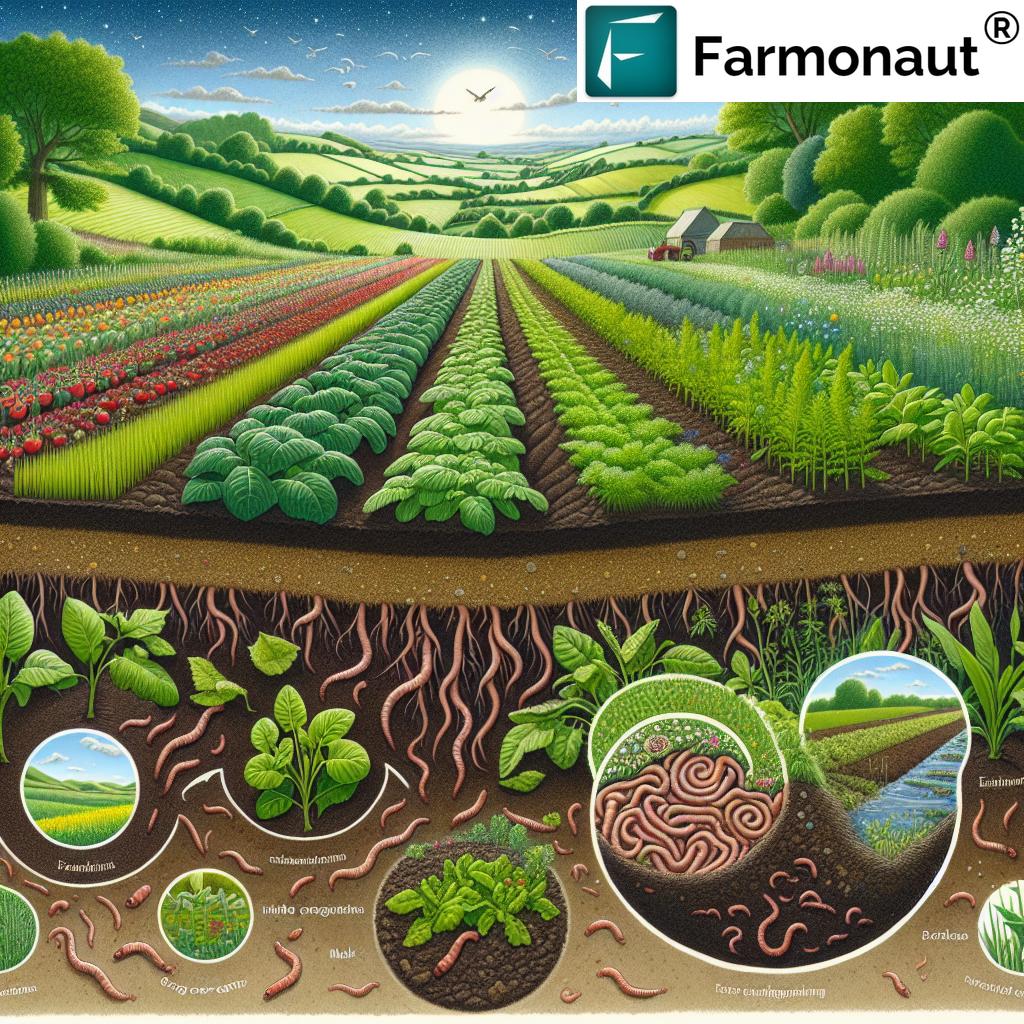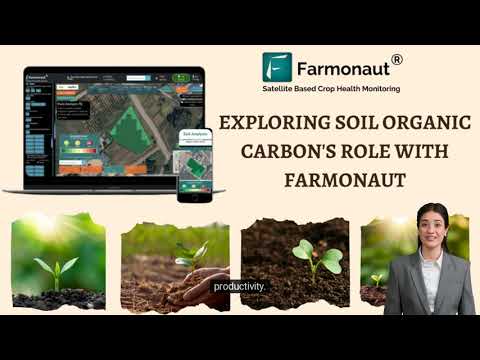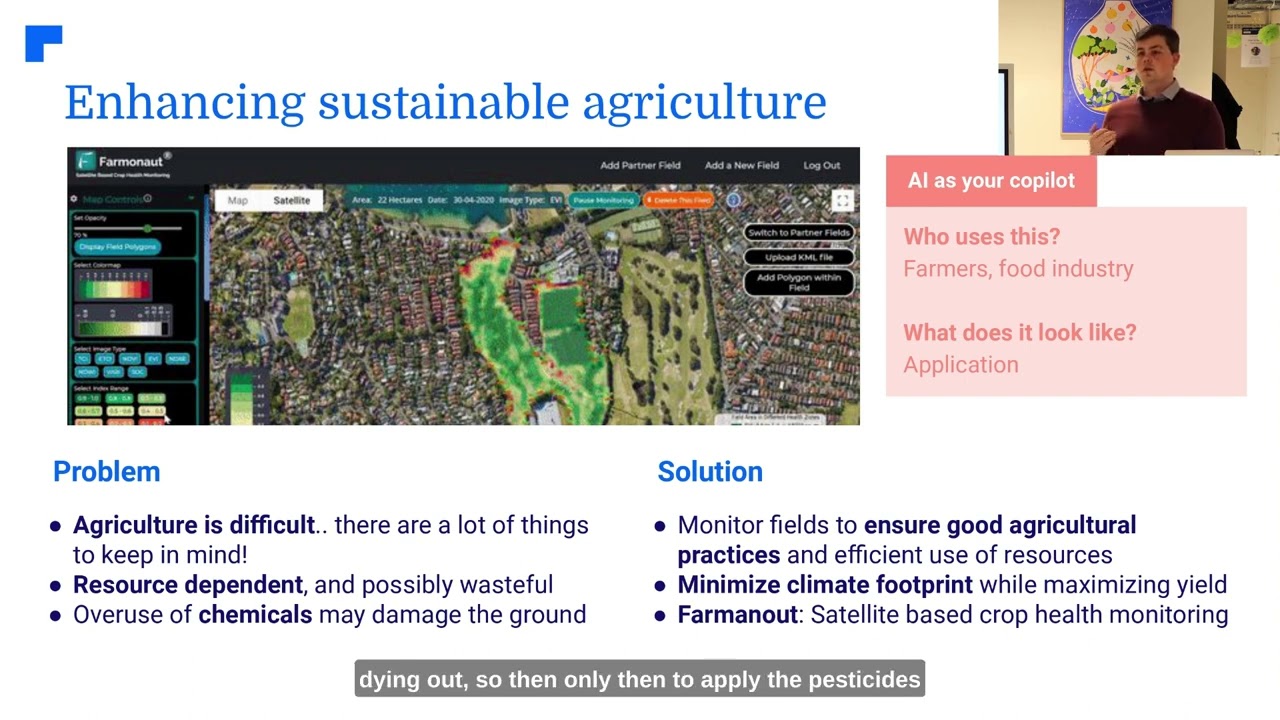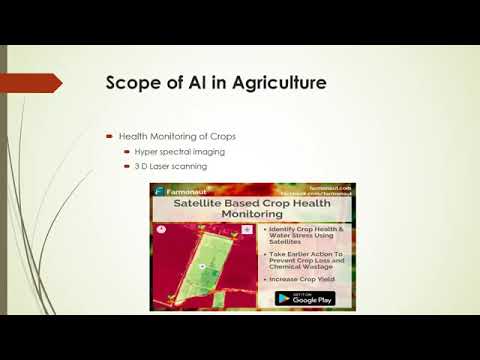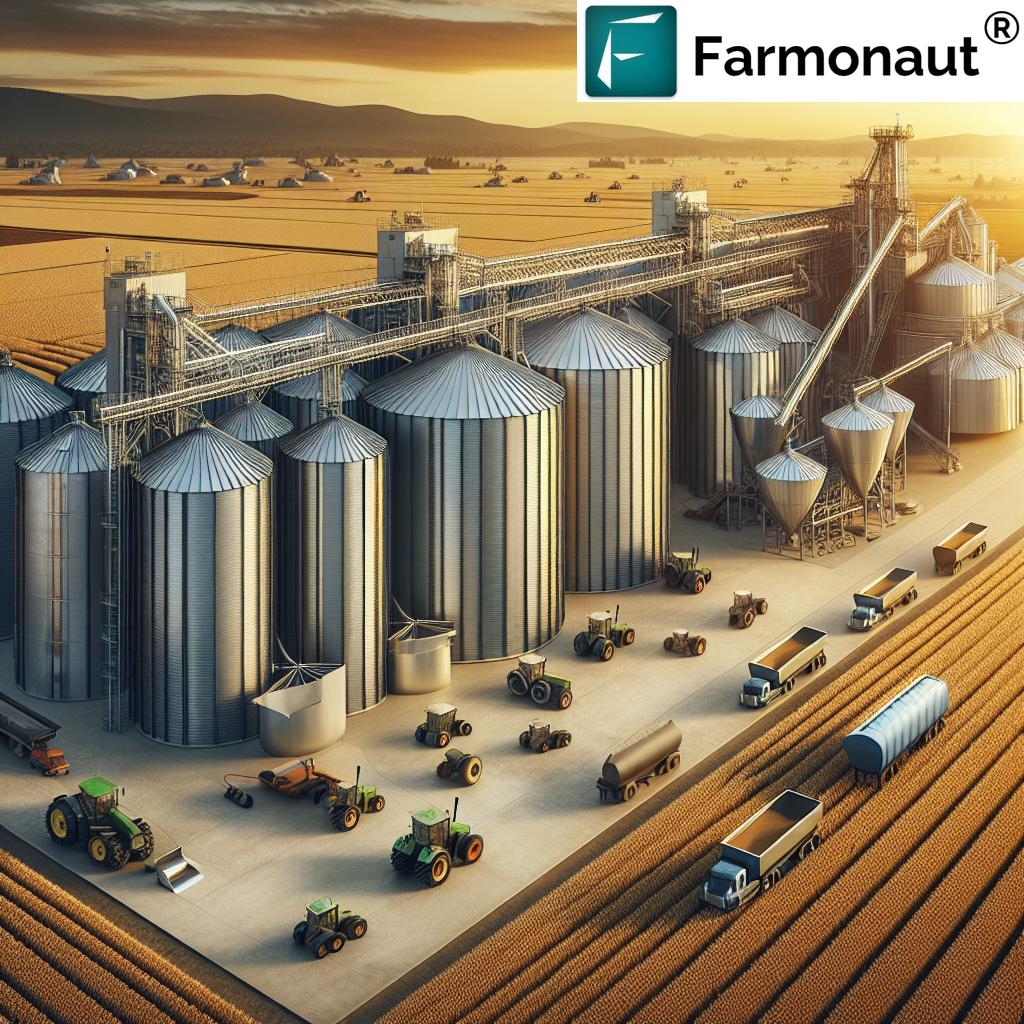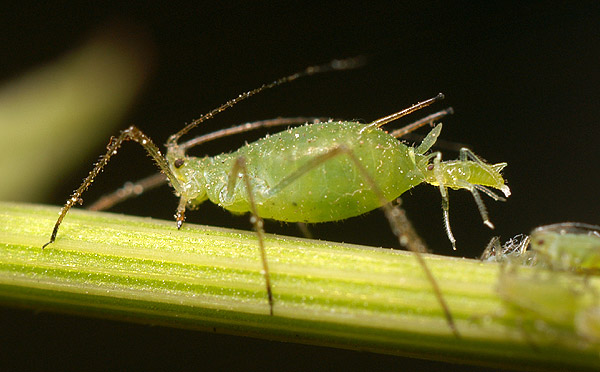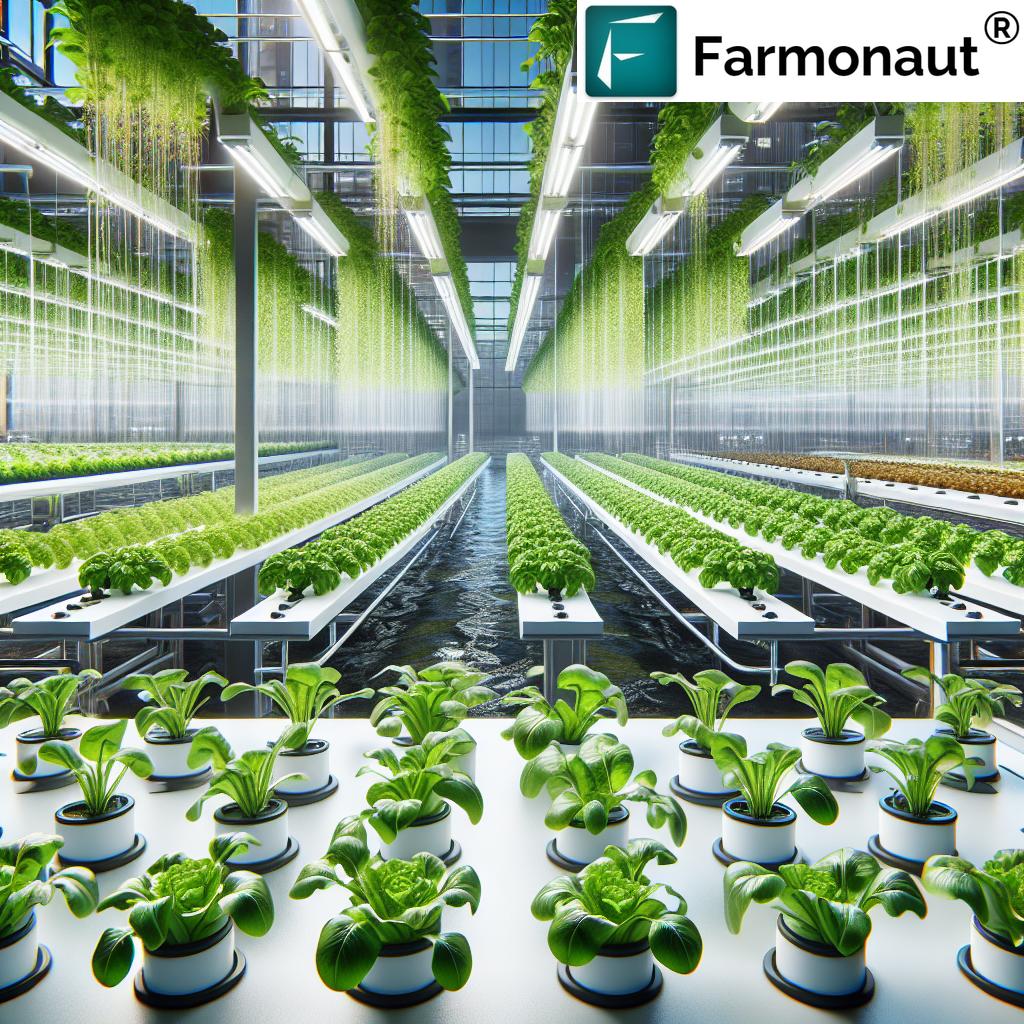Eco-Sustainable Farming: 7 Secrets for Fast Success
“Healthy soil can increase crop yields by up to 58% compared to degraded soil in sustainable farming systems.”
Introduction: Why Eco-Sustainable Farming Matters
As the global population rises and climate pressures intensify, eco-sustainable farming has emerged as a critical approach to conserve natural resources, boost biodiversity, and ensure food security for current and future generations. This method, also known as sustainable agriculture, blends environmental health, economic profitability, and social equity, aiming for a harmonious balance between human activity and our planet’s well-being.
Through sustainable farming practices like soil health management, water conservation in agriculture, and promoting biodiversity in farming, we can produce abundant food while protecting the integrity of our land, water, and air. Embracing these methods not only helps preserve our planet’s delicate ecosystems but also ensures prosperity for farmers, robust rural economies, and safer, healthier food for all.
Key Principles of Eco-Sustainable Farming
Let’s explore the foundational principles that guide our approach to eco-friendly agriculture and set the stage for sustainable success:
- Conservation of Resources: Utilizing natural resources efficiently to minimize waste and reduce environmental impact.
- Biodiversity Enhancement: Promoting a variety of species to strengthen ecosystem resilience and boost farm productivity.
- Soil Health Maintenance: Implementing soil health management practices that preserve fertility, structure, and organic matter, ensuring long-term viability for agricultural systems.
- Water Conservation: Employing methods that reduce water usage, improve retention, and prevent contamination of precious water bodies.
- Integrated Pest Management (IPM): Combining biological, cultural, physical, and chemical tools to manage pests in an ecologically sound manner.
By integrating these principles, we can meet the needs of the present without jeopardizing the ability of future generations to produce and enjoy healthy, abundant food.
“Water-efficient irrigation methods can reduce agricultural water use by nearly 50%, supporting eco-sustainable farming.”
Eco-Sustainable Farming: 7 Secrets for Fast Success
Let’s dive into the 7 practical secrets that turn sustainable agricultural theory into thriving, productive reality. Each secret is rooted in science-backed methods designed to improve farm profitability, support ecosystem balance, and reduce impact on the environment.
-
Soil Health Management: The Foundation of Productivity
Healthy soil is the cornerstone of all eco-friendly agriculture—its structure, fertility, and organic content are directly linked to crop yields and biodiversity. By implementing organic farming methods (like composting, mulching, and adding cover crops), we enrich soil matter, boost microbial activity, and reduce erosion.
- Cover cropping (using legumes & grasses) protects soil from erosion and enhances fertility.
- No-till farming benefits include minimizing soil disturbance and retaining moisture and nutrients for growing crops.
- Mapping soil carbon footprints helps us track and reduce greenhouse gas emissions for climate change mitigation in agriculture.
-
Water Conservation in Agriculture
As global water scarcity rises, efficient water usage is a key pillar in sustainable agriculture. We can reduce water usage, ensure retention, and limit contamination by embracing:
- Drip irrigation systems that deliver water directly to roots—cutting losses by up to 50%.
- Rainwater harvesting to supplement supplies and prevent groundwater depletion.
- Monitoring field moisture using smart tools offers real-time decision support. Farmonaut’s soil moisture monitoring empowers us to irrigate efficiently and minimize waste.
-
Biodiversity in Farming: Building Ecosystem Resilience
A diverse range of plants, trees, shrubs, and insects in our fields increases ecological resilience and natural pest management. By integrating agroforestry systems, we plant trees that sequester carbon, provide additional products (fruits, nuts, timber), and create habitats for beneficial organisms.
- Crop rotation and intercropping disrupts pest cycles, balances nutrients, and enhances productivity.
- Preserving wildflower strips or hedgerows encourages pollinators and natural pest predators.
-
Integrated Pest Management (IPM): Smarter Pest Control
Integrated pest management (IPM) is a holistic strategy—combining biological, cultural, physical, and minimal chemical tools to control pests efficiently and responsibly.
- Natural predators (like ladybugs) and beneficial insects help manage pests biologically.
- Monitoring pest outbreaks, applying biopesticides, and judicious use of chemicals (only when essential) ensures ecological safety.
- Farmonaut’s AI advisory provides real-time recommendations for effective pest management.
-
No-Till Farming Benefits: Protecting Soil and Climate
No-till farming means planting crops without disturbing the soil—preserving soil structure, increasing organic content, and reducing erosion. This method also increases carbon sequestration, provides habitats for earthworms and other beneficial organisms, and conserves soil moisture.
-
Organic Farming Methods and Inputs
By planting organic, reducing synthetic fertilizer and chemical pesticide input, and promoting natural soil amendments, we produce food that is healthier for us and for our ecosystem.
- Adopting organic fertilizers (like compost and manure).
- Switching to bio-based pest deterrents over chemical ones.
- Cultivating local crop varieties suited to the climate ensures sustainable productivity.
-
Leveraging Smart Tech in Eco-Sustainable Agriculture
Adopting smart technology amplifies our sustainable impact:
- Real-time monitoring through precision agriculture platforms like Farmonaut gives us actionable insights into crop health, resource usage, and soil status.
- Blockchain-based traceability ensures transparency and authenticity for sustainable supply chains in food and textiles.
- Using field data to inform when and how to plant, irrigate, and manage pests ensures maximum yield with minimum environmental harm.
Sustainable Practice Impact Comparison Table
| Practice Name | Description | Estimated Environmental Benefit | Typical Implementation Time (months) | Potential Long-Term Yield Increase (%) |
|---|---|---|---|---|
| Soil Health Management | Enhancing organic matter, cover cropping, mulching | Up to 70% less erosion, 30-58% increase in yield | 3-18 | 25-58 |
| Water Conservation | Drip irrigation, rainwater harvesting | Up to 50% reduction in water use | 2-12 | 10-28 |
| Biodiversity Enhancement (Agroforestry, Crop Rotation) | Integrating trees/shrubs, rotating crops | Greater resilience, 8-20% yield stability, carbon sequestration | 12-24 | 8-20 |
| Integrated Pest Management (IPM) | Combining cultural, biological, and minimal chemical controls | Reduces pesticide use by 40%, improves ecosystem health | 2-8 | 5-15 |
| No-Till Farming | Planting without tillage | Reduces erosion by ~50%, increases organic carbon by 15% | 1-3 | 7-18 |
| Organic Farming | Use natural fertilizers, crop rotation, biopesticides | Reduces chemical input 100%; improves pollinator health | 6-24 | 10-30 (premium markets) |
| Smart Tech & Precision Tools | Real-time monitoring of crop & resource use | Reduces waste up to 30%, targeted input use | 1-6 | 8-23 |
How Farmonaut Empowers Eco-Sustainable Farming
At the heart of the modern agricultural revolution, Farmonaut delivers accessible, affordable, and advanced farm management solutions that champion eco-sustainable farming worldwide. Here’s how Farmonaut enables us to implement, monitor, and benefit from these eco-friendly agriculture methods:
- Satellite-Based Crop Health Monitoring: Real-time insights on vegetation health (NDVI), soil moisture, and resource usage allow us to take quick action, reduce waste, and optimize inputs in harmony with sustainable farming practices.
- AI-Powered Jeevn Advisory: Receives instant, field-specific advice about crop & pest management, climate adaptation, and optimal resource allocation.
- Blockchain Traceability: For traceable supply chains in food or textiles, ensuring transparency, authenticity, and meeting ethical market demands.
- Fleet & Resource Tools: Large farms and agribusinesses manage logistics, reduce operational waste, and monitor machine fleet movement to further eco sustainable operations.
- Carbon Footprinting: Analyze field emissions and strategize on climate change mitigation in agriculture.
- Affordable & Scalable: From smallholder farmers to large agricultural enterprises, Farmonaut ensures that advanced sustainability tools are within reach of everyone, fostering equity and resilience.
- Crop Loan and Insurance Verification: Easy access to credit for rural farmers through satellite-based crop loan verification, boosting financial inclusivity.
With these capabilities, we make data-driven decisions for every acre, promote resource conservation, and accelerate the transition towards sustainable, eco-friendly agriculture.
Benefits of Eco-Sustainable Farming
Adopting sustainable farming practices yields meaningful advantages for all: our environment, our communities, and our food systems.
- Environmental:
- Reduces chemical usage and contamination of water bodies
- Conserves biodiversity and improves ecosystem resilience
- Increases soil fertility and carbon sequestration, mitigating climate change
- Minimizes water usage through advanced irrigation and moisture management.
- Economic:
- Increases profitability through premium product pricing and input cost savings.
- Reduces risk by diversifying crops, stabilizing yields, and gaining trusted market access.
- Enables traceability and secure product provenance for modern, ethical supply chains.
- Health, Social, and Food Security:
- Promotes social equity by supporting rural communities, indigenous knowledge, and traditional agricultural wisdom.
- Improves food safety for farmers and consumers by reducing crop contamination.
- Ensures long-term food security by protecting the basic resources our food system depends on.
Challenges & Considerations in Adopting Sustainable Practices
While the promise of eco-sustainable farming is clear, the path can present challenges:
- Knowledge and Technical Skills: Transitioning from conventional to sustainable agriculture often requires new knowledge—Farmonaut and similar platforms help bridge this gap with digital advisory and data-driven learning.
- Upfront Investment: There may be higher initial costs for equipment or new systems (like drip irrigation or precision monitoring).
- Learning Curve: Farmers must adapt to new routines, timing, and management decisions; ongoing support is vital.
- Market Access: Reaching premium markets for eco-friendly agriculture still requires robust logistics, transparent documentation, and consumer education.
- Policy and Institutional Support: Sometimes, policy frameworks lag behind sustainable innovation, making direct support (from NGOs, digital platforms, and agritech leaders) essential for scaling up sustainable solutions.
Government agencies, agritech companies like Farmonaut, and active farming communities are essential in providing resources, research, and continual support for overcoming these hurdles and fostering widespread adoption of sustainable farming practices.
Farmonaut Subscription Plans
Ready to transform your sustainable farm management? Farmonaut makes advanced precision agriculture accessible for both smallholder and large-scale operators. Monitor your fields, track carbon footprint, and get real-time AI-driven advice—all in one cost-effective platform.
FAQ: Eco-Sustainable Farming
What is eco-sustainable farming?
Eco-sustainable farming is an agricultural approach that seeks to meet the needs of the present without compromising the ability of future generations. It emphasizes balanced use of natural resources, soil and water conservation, and enhancement of biodiversity in farming systems.
How does Farmonaut help with sustainable farming?
Farmonaut provides remote-sensing, AI-powered advisory, carbon footprint tracking, resource management, and traceability tools that make sustainable farming practices affordable, efficient, and data-driven for all scales of farming.
What are the main benefits of no-till farming?
No-till farming benefits include reduced soil erosion, improved water retention, increased organic carbon content, and habitats for beneficial soil organisms, supporting climate change mitigation and long-term productivity.
Why is biodiversity important for agriculture?
Biodiversity in farming creates resilient ecosystems, supports natural pest and disease management, and improves farm stability against climate shocks and other environmental stressors.
How can we reduce water use in agriculture?
Implementing drip irrigation, rainwater harvesting, and soil moisture monitoring (using tools like Farmonaut’s real-time platform) are effective ways to reduce agricultural water usage by up to 50%.
Can sustainable methods be profitable?
Yes! While initial investment may be higher, sustainable agricultural systems can lower long-term costs, stabilize yields, and earn premium prices in eco-conscious markets.
What support is available for transitioning to eco-sustainable practices?
Platforms like Farmonaut, government schemes, NGOs, and industry experts offer knowledge, training, and digital tools to help manage the transition successfully.
Conclusion: Shaping the Future of Agriculture
Eco-sustainable farming is more than a trend—it’s an urgent, practical solution for our rapidly changing world. By embracing soil health management, water conservation in agriculture, biodiversity in farming, and integrated pest management, we can build resilient, profitable farms that steward natural resources and foster thriving rural societies for the future.
Our generation holds the unique opportunity—and responsibility—to promote eco-friendly agriculture that supports both people and planet. With innovative platforms like Farmonaut, the transition is easier, more data-driven, and more rewarding than ever before.
Let’s join hands to conserve resources, enhance soil fertility, protect water, and promote biodiversity in every field, orchard, and region we cultivate. The secrets to fast success are now in our hands—let’s unlock a green, abundant future for all.





